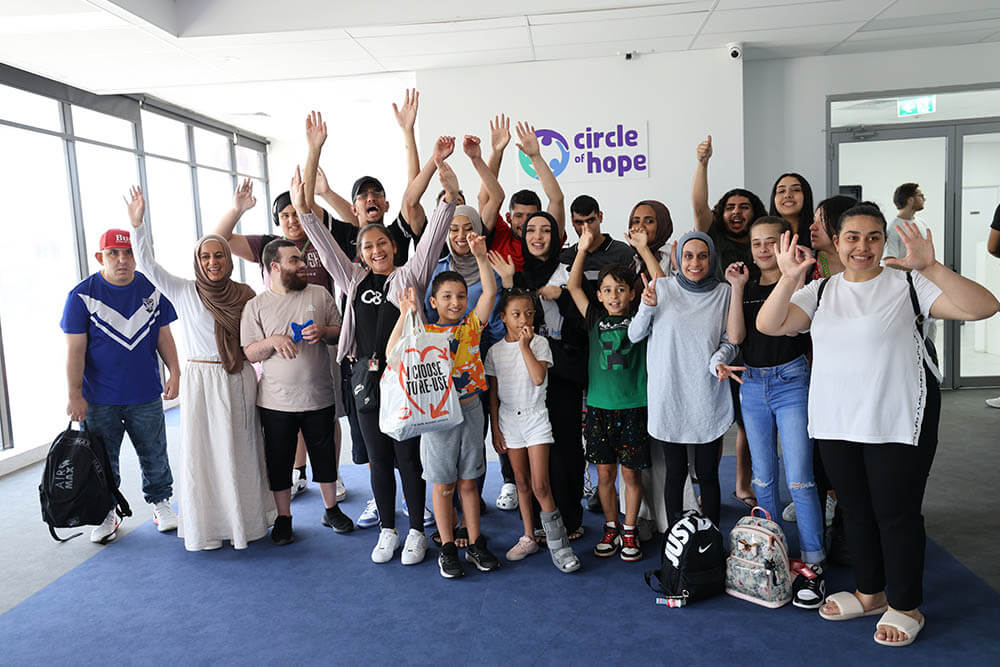For parents and caregivers, supporting a child with attention difficulties can feel overwhelming. Whether it’s maintaining focus at school, following routines at home, or managing emotions, these challenges can affect many areas of life. Working with professionals, such as an ADHD therapist, can provide valuable guidance, but families can also adopt practical strategies to help children thrive on a day-to-day basis.
Attention challenges don’t define a child—they are simply one part of their journey. With patience, consistency, and the right tools, children can develop the skills needed to succeed academically, socially, and emotionally.
1. Create Predictable Routines
Children with attention difficulties often feel more secure and capable when their lives follow a predictable pattern. Establishing consistent routines for mornings, mealtimes, homework, and bedtime helps reduce stress and improve focus. Visual schedules with pictures or simple checklists can further support children in understanding what comes next, making transitions smoother and less overwhelming.
2. Break Tasks Into Smaller Steps
Large or complex tasks can feel daunting, leading to frustration or avoidance. Breaking them into smaller, manageable steps helps children experience success along the way. For example, instead of saying “clean your room,” guide them through specific actions such as “pick up toys,” “make the bed,” and “put clothes away.” Celebrating each completed step builds confidence and encourages persistence.
3. Incorporate Movement Into Learning
Children with attention challenges often benefit from incorporating physical activity into their daily tasks. Short movement breaks between lessons or chores can improve focus and reduce restlessness. This might include stretching, bouncing on a ball, or taking a walk around the house before returning to the task at hand. Schools can also integrate movement-based learning activities that combine academics with physical engagement, helping children stay alert and engaged.
4. Use Positive Reinforcement
Encouragement and praise are powerful motivators. Recognising effort—rather than just outcomes—helps children feel valued and motivates them to keep trying. Small rewards, verbal praise, or high-fives can make a big difference in building self-esteem. Over time, positive reinforcement fosters a supportive environment where children feel secure enough to attempt new tasks without fear of failure.
5. Minimise Distractions
A cluttered or noisy environment can make it especially hard for children with attention difficulties to concentrate. Creating a quiet, organised workspace with minimal distractions can help. This could involve turning off the television, reducing background noise, or using simple storage systems to keep materials tidy. Some families find that noise-cancelling headphones or gentle background music also support focus.
6. Encourage Mindfulness and Self-Regulation
Mindfulness techniques such as deep breathing, guided imagery, or relaxation exercises can help children manage their emotions and refocus their attention. Teaching self-regulation strategies gives children tools to recognise when they’re becoming overwhelmed and take steps to calm themselves. These skills not only enhance focus but also foster emotional resilience in social and academic settings.
7. Collaborate With Professionals
While home strategies are vital, professional support can make a significant difference. An Attention deficit hyperactivity disorder therapist can provide tailored strategies, assessments, and interventions that address a child’s unique needs and challenges. Collaboration between parents, teachers, and professionals ensures consistent support across all environments, giving children the best chance to thrive.
Supporting Confidence and Growth
Children with attention challenges often face setbacks, which can impact their confidence. Building resilience involves celebrating small wins, encouraging effort, and providing opportunities to practise independence. Parents and educators can help by setting realistic expectations and acknowledging the child’s strengths, as well as areas for growth.
Simple opportunities—like allowing a child to make choices, take responsibility for small tasks, or share their interests—contribute to a sense of capability and self-worth. Over time, these experiences help children feel empowered and motivated to keep improving.
The Role of Families in Everyday Support
Families play the most crucial role in supporting children with attention difficulties. Creating a calm, structured home environment provides a strong foundation for growth. This doesn’t mean eliminating all challenges—it means offering consistent support, guidance, and patience as children learn to navigate them.
Parents can:
- Model calm behaviour during stressful situations.
- Provide clear and simple instructions.
- Encourage healthy lifestyle habits such as regular sleep, balanced nutrition, and physical activity.
- Communicate regularly with teachers to ensure strategies are consistent at school and home.
By working together, families and professionals create a united approach that makes life easier for children with attention difficulties.
Final Thought
Supporting children with attention challenges is not about eliminating difficulties—it’s about equipping them with tools, strategies, and confidence to succeed. By creating predictable routines, breaking tasks into smaller steps, and fostering positive reinforcement, families can provide meaningful support. Collaboration with professionals, including an ADHD therapist, ensures children receive tailored guidance that helps them grow both academically and emotionally. With patience, encouragement, and consistency, every child can build resilience and independence, paving the way for lifelong success. Learn More!



